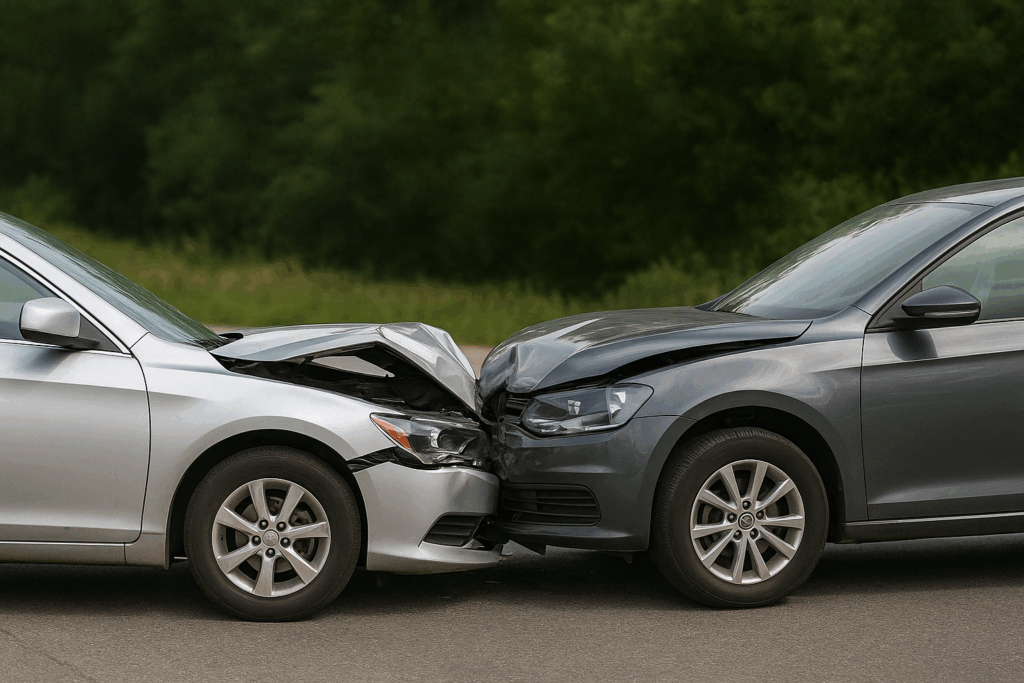Posts by Luke Williams
Alabama’s New Body Camera Law: What It Means for Personal Injury and Civil Rights Cases
A new Alabama law that took effect on October 1, 2025, fundamentally changes how law enforcement agencies handle body camera footage requests, creating significant implications for personal injury attorneys, civil rights advocates, and citizens seeking justice. House Bill written by State Representative Juandalynn Givan establishes clear procedures for when and how body camera video can…
Read MoreAlabama Raises Medical Consent Age: What Parents and Teens Need to Know About Senate Bill 101
Alabama has joined the majority of states in restricting minors’ independent medical decision-making, raising the age of medical consent from 14 to 16 years old. Senate Bill 101, which took effect on October 1, 2025, represents a significant shift in how medical decisions are made for Alabama’s youth, strengthening parental rights while maintaining critical exceptions…
Read MoreFour Charged in Montgomery Shooting: Understanding Victims’ Rights in Alabama Criminal Violence Cases
A fourth arrest in the Montgomery, Alabama downtown shooting that claimed two lives and injured twelve others highlights the complex legal landscape facing victims of criminal violence in Alabama. The October 4, 2025 tragedy, which unfolded in the capital city’s crowded nightlife district following the Tuskegee-Morehouse football game, demonstrates how victims and their families can…
Read MoreTwo Lives Lost in Tragic Head-On Collision Near Piedmont: Understanding Head-On Crash Claims in Alabama
Two Piedmont residents killed in head-on crash on Alabama 9. Learn about wrongful death and injury claims after fatal collisions.
Read MoreFatal Motorcycle Collision Claims Life on Highway 90: Understanding Your Rights After Motorcycle Accidents in Alabama
The intersection of Highway 90 and I-10 became the scene of another tragic loss on November 2, 2025, when a motorcycle collision claimed the life of 25-year-old Brandon Wescovich and left his passenger fighting for survival. This devastating accident underscores the unique dangers motorcyclists face on Alabama’s highways and the critical importance of understanding legal…
Read MoreWhen Waivers Aren’t Enough: Examining Liability After Haunted Attraction Accident in Heflin
After a Haunted Chicken House accident left one woman seriously injured, Alabama law raises key questions: When do liability waivers stop protecting?
Read MoreAlabama Man Faces Amputation After Vicious Dog Attack: Understanding Your Rights Under Emily’s Law
Alabama man attacked by 7 dogs faces amputation. Learn about Emily’s Law and your legal rights after dog attacks.
Read MoreYoung Mother’s Life Cut Short in Alabama Highway Collision: Understanding Wrongful Death Claims After Fatal Car Accidents
A promising young life was tragically cut short on U.S. Route 278 when 22-year-old Amber Lee Blackwood died in a multi-vehicle collision on October 19, 2025.
Read MoreIs Alabama a Stop and ID State?
A routine evening walk turns tense when blue lights flash behind you and an officer approaches, demanding identification—but do you legally have to comply? The answer depends on where you stand, both geographically and legally, as states across America maintain vastly different laws about mandatory identification. Is Alabama a Stop and ID state? Understanding this…
Read MoreAlabama Vehicular Manslaughter Defense
Every 15 minutes, someone dies in an alcohol-related traffic incident in the United States, transforming ordinary drivers into defendants facing life-altering criminal charges. When a vehicle becomes the instrument of another person’s death, the legal system must balance tragedy with justice, accident with accountability. Vehicular manslaughter charges in Alabama carry consequences that extend far beyond…
Read More









